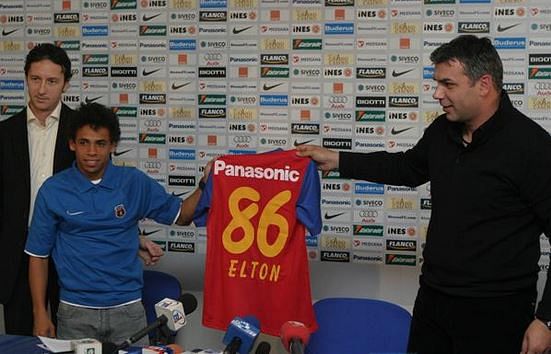Because putting 'little' in front of anything that might be construed to be a noun turns it into an adjective. 'Little' has to be absolutely on its own to turn into an adverb (actually, it's still an adjective with an understood noun: "He moved forward a little [distance] to get a better look".
ETA Original post quote
[i recently wrote 'he moved a little forward to get a better look'
but 'he moved forward a little to get a better look'. would have been better]
'Little' in this case acts as an adverb of degree, rather than as an adjective.
'Forward' is an intransitive preposition, acting as an adverb.
so since both are acting as adverbs their position is not technically incorrect. They each modify the other and both of them also modify moved.
yet the second sentence I believe to be better.
Here's why.
The sentence 'he moved forward a little' is understood thus.
He moved (action), forward (direction) a little (the degree of direction, i.e., it was a small or minimal move)
The sentence 'he moved a little forward could be understood thus;
He moved (action) a little (degree of movement) forward (direction of movement)
so it boils down to the sense of pacing or intent - what is the most important thing, the primary thing, the more important adverb which acts upon the verb move?
The verb 'moved' is modified by 'forward' more so than little in this case, re my intent. That is, the more significant event is the direction of the action (forward), rather than the degree of that movement (a little) in terms of the pacing of the action. 'He moved forward' is more forceful, and that force is then modified. 'He moved a little' is less forceful. The move is reduced (modified in degree) and then the action is given a direction (forward)
If my intent was to reduce the move in degree, and then stipulate direction, it would be more like 'He moved a little, then turned (left/right/back/sideways/ went straight on). This has less force, and conveys a different speed, and intent.
The first is essentially one quick action to get a better view, the latter is a more measured, slower act, followed by a second action.
simples.

I'm making this up as I go along, but I think that's the logic of it.)


